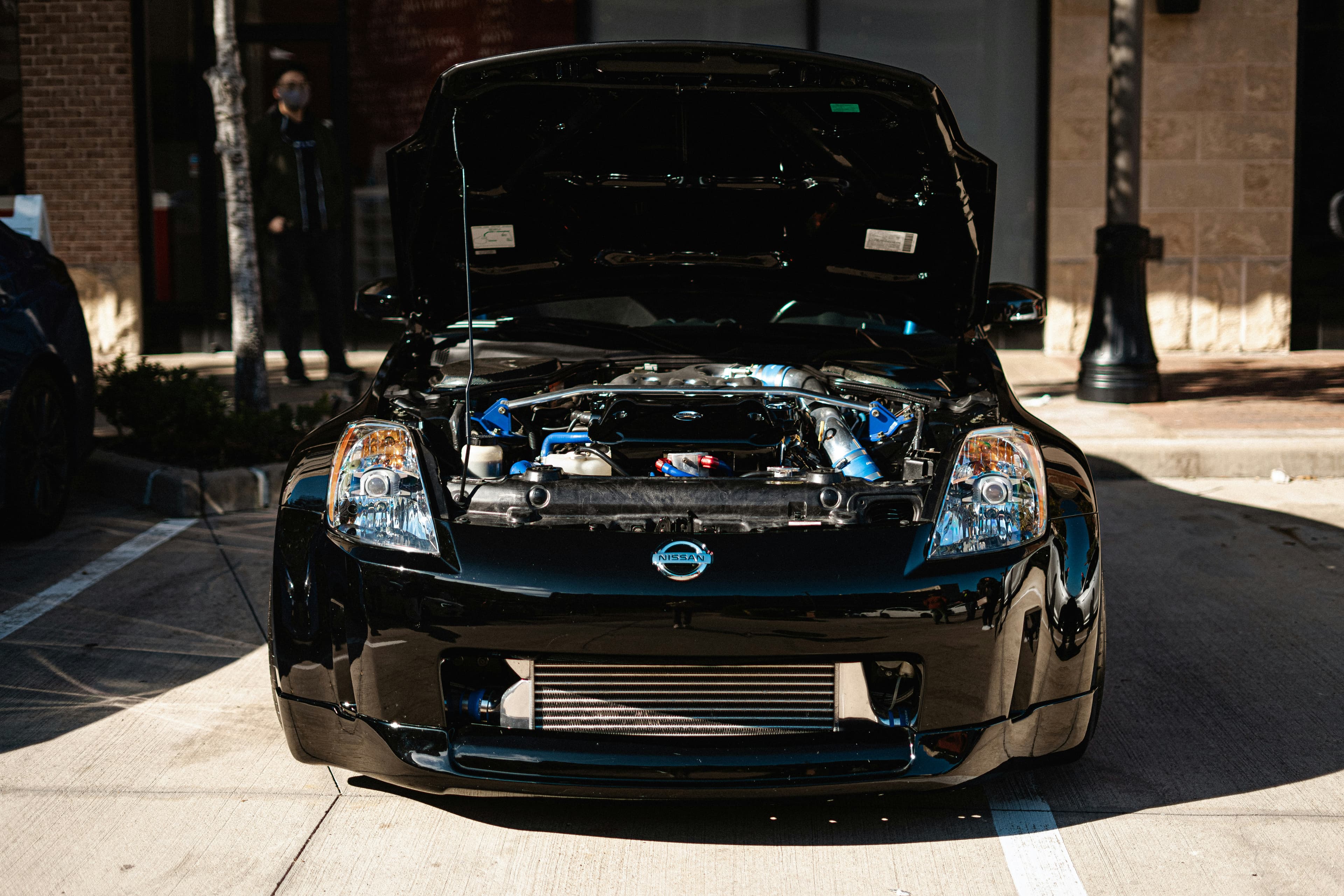Why Your Engine Feels Sluggish: Air/Fuel Imbalance!
Experiencing a sluggish engine can be frustrating and concerning for any vehicle owner. One common culprit behind this issue is an imbalance in the air/fuel mixture. This imbalance can significantly affect your engine's performance. In this article, we'll explore the reasons behind air/fuel imbalances and provide practical solutions to help you get your vehicle running smoothly again.
Understanding Air/Fuel Imbalance
The air/fuel ratio is crucial for optimal engine performance. This ratio refers to the balance between the amount of air and fuel entering your engine's combustion chamber. Ideally, this should be around 14.7 parts air to 1 part fuel for gasoline engines. Deviations from this ratio can lead to various engine performance issues.
Causes of Air/Fuel Imbalance
Several factors can disrupt the ideal air/fuel ratio:
- Dirty or Faulty Mass Air Flow Sensor (MAF): The MAF sensor measures the amount of air entering the engine. If it's dirty or faulty, it can send incorrect information to the engine's computer, leading to an improper mixture.
- Vacuum Leaks: Any leak in the vacuum system can allow extra air to enter the engine, leaning out the mixture (too much air).
- Clogged Fuel Injectors: Over time, fuel injectors can become clogged, reducing the amount of fuel delivered to the engine, which can also lean out the mixture.
- Faulty Oxygen Sensors: These sensors monitor the amount of oxygen in the exhaust and help adjust the air/fuel mixture. A malfunction can lead to an incorrect mixture.
Symptoms of Air/Fuel Imbalance
Recognizing the signs of an air/fuel imbalance can help you address the issue before it worsens:
- Reduced Engine Power: The most noticeable symptom is a lack of power or sluggishness, especially under acceleration.
- Rough Idling: The engine may idle roughly or stall if the mixture is too rich or too lean.
- Increased Fuel Consumption: An imbalance often leads to inefficiency, causing the engine to consume more fuel.
- Check Engine Light: An illuminated check engine light can be triggered by any of the issues affecting the air/fuel ratio.
Fixing Air/Fuel Imbalance
Here are some steps you can take to correct an air/fuel imbalance:
- Inspect and Clean the MAF Sensor: Regularly cleaning the MAF sensor can prevent false readings. If the sensor is faulty, replacement might be necessary.
- Check for Vacuum Leaks: Inspect all vacuum hoses and connections for signs of wear or damage. Repairing leaks can restore the balance.
- Clean or Replace Fuel Injectors: Use a quality fuel injector cleaner or consider professional cleaning. If the injectors are beyond cleaning, replacement might be required.
- Replace Faulty Oxygen Sensors: If diagnostics indicate a faulty oxygen sensor, replacing it can help recalibrate the air/fuel mixture.
Conclusion
A sluggish engine is a sign that shouldn't be ignored. By understanding and addressing air/fuel imbalances, you can enhance your vehicle's performance and efficiency. Regular maintenance and timely repairs are key to keeping your engine in top condition.
If you're unsure about diagnosing or fixing an air/fuel imbalance, Mavyn offers both AI and human expert help services. You can chat with Mavyn GPT or connect with a human expert to get tailored answers and solutions for your specific situation.
Remember, maintaining the correct air/fuel ratio not only ensures optimal engine performance but also contributes to the longevity and reliability of your vehicle.
